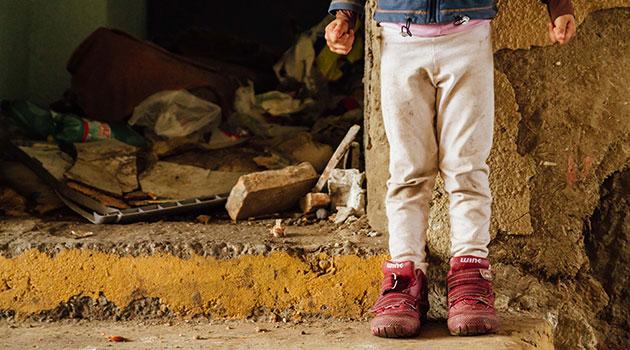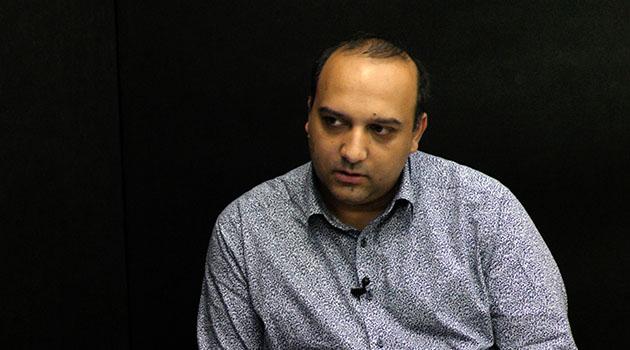Czech town sees doubling of social exclusion over five years, growth in loan sharking among Romani residents

Authorities are reporting that the number of people who are considered socially excluded or at risk of social exclusion in the town of Luže in the Chrudim district of the Czech Republic has doubled over the last five years. In the small town of about 2 500 residents there are currently living approximately 300 more people on the outskirts, some of whom do not have permanent residence there, according to data from the Pardubice Regional Authority that has been made available to the Czech News Agency.
Luže has become a socially excluded locality in the region, and the concentration of its most recent additions to the population is causing problems. “The expansion of the locality is happening because couples who have just had their first child are still living with their own parents. The community lifestyle and the closeness of the family influences this, but what especially has an impact is their lack of money and the decreasing opportunities for each family to house themselves,” said Petra Šrámková of the Department of Social Affairs at the Regional Authority.
Another reason is that in Luže and its outskirts, the rents charged by private landlords or commercial rental companies are lower than in other parts of the region. There are frequent arguments on the street, disruptions of nighttime quiet, disagreements within the community, and the use of alcohol and drugs is also causing problems.
The organizations providing social services that work in the locality are also pointing to a growth in loan sharking among the Romani residents, as well as the frequent issue of collections proceedings for debts held by the local population. It is also difficult for locals to find employment.
“In the past, the town hall itself offered jobs to local Romani residents. Locals were glad to take advantage of those opportunities, but it was difficult for the town to find responsible people to hire. There is not a lot of work in the area. Another issue is the attendance of children in school, their reception by the local school and their fulfillment of the tasks they are assigned to do,” Šrámková said.
The social affairs bureaucrat says there is a lack of affordable housing. The families are living in overcrowded spaces, as the single-family homes that they occupy were not built to house such numbers of people and do not provide either enough room or enough privacy, which is necessary, for example, for children to fulfill their school duties.
Such housing is frequently rented out by private landlords and the buildings themselves are in poor repair and substandard in terms of hygiene. The families, however, are frequently in difficult financial situations and accept this kind of rental for that reason.
“The growth in the population numbers is chiefly among those who are ethnic Roma, and it is determined by the natural growth and expansion of families, new partnerships, marriages, the birth of children, as well as people moving in with their family members not just from the surrounding villages, but also from Slovakia. Annually between eight and ten new families move in,” Šrámková said.
The Mayor of Luže, Veronika Pešinová, has contacted the Regional Authority and a meeting has been held to discuss opportunities for improving the situation. Above all, the Regional Authority supports social services working with members of the target group in the locality.
The Regional Coordinator for Romani Affairs is also in contact with the local authority. There are 30 such excluded localities undergoing transformation in the Pardubice Region.
The Romani population is represented in 25 of such localities in the Pardubice Region. The biggest locality is in Česká Třebova on Semanínská Street, home to more than 810 people at the close of 2020.
Other large, longterm localities are in the Chrudim area, in Pardubice itself, and in the Vysoké Mýto area. A bigger number of Romani people at risk of social exclusion also lives in Moravská Třebova and in Svitavy.
